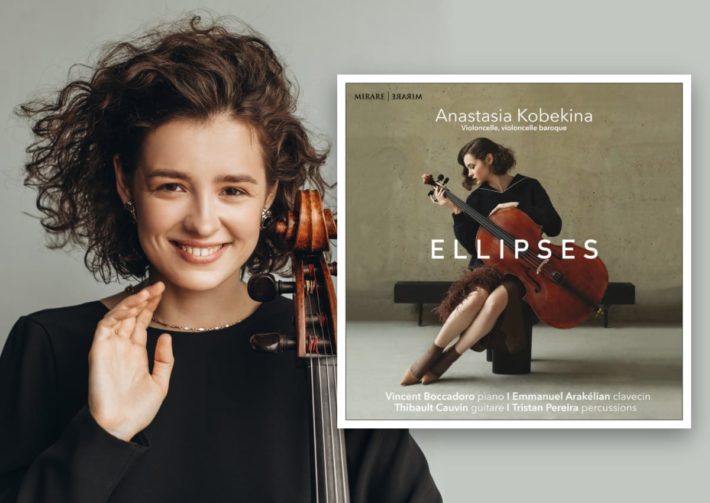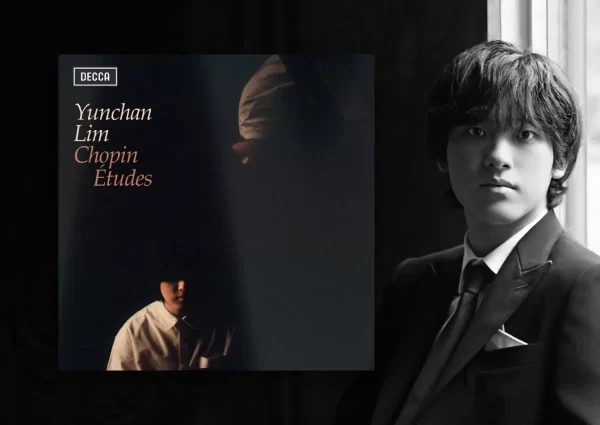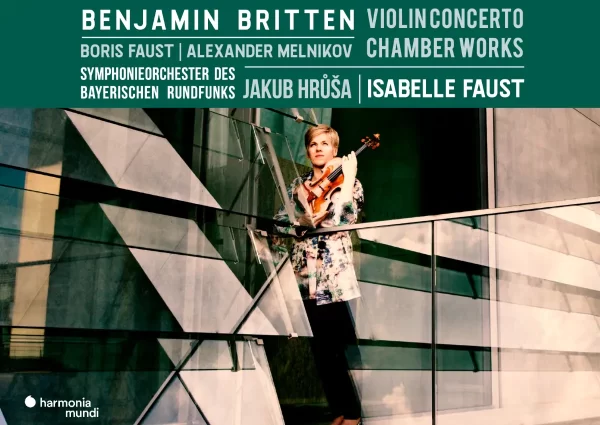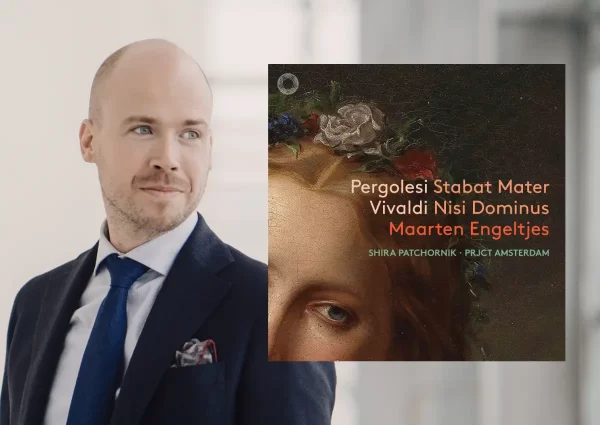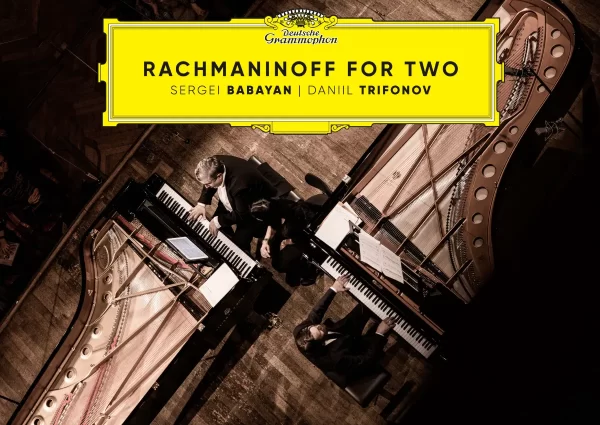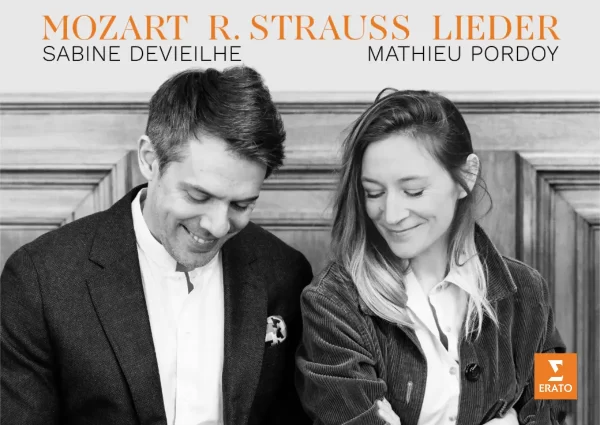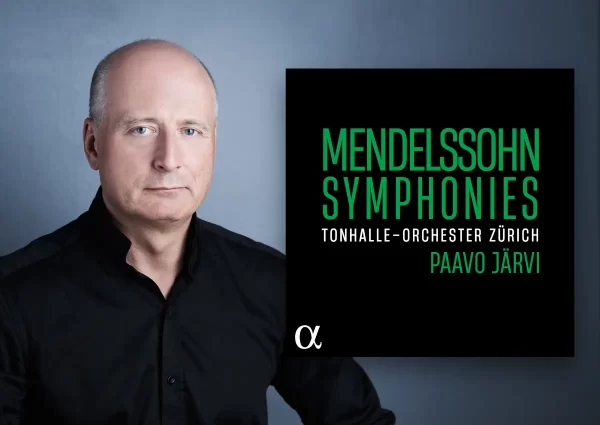(Image: © Altukhova Julia)
The chosen repertoire of this album is impressively wide-ranging, allowing cellist Anastasia Kobekina to play on both a baroque and modern cello. The music includes selections drawn from a 200-plus year period, most of them by central European composers.
The concert opens with a fiery and sensuous Fandango by Italian composer Giovanni Sollima. Kobekina’s offers spotless intonation, clear articulation, and a vital rhythmic sense, wedded to a flexible sense of phrasing. Debussy’s ‘Cello Sonata’ (track 2), the album’s best known and most substantial piece, is expertly played. The opening minute again exhibits a compelling freedom of pulse; the conversational sense of give and take between piano and cello is beautifully managed. But there is a hard edge to Vincent Boccadoro’s piano tone, made worse by an overly bright engineered sound. The performers sometimes allow energy level in slower passages to drop, especially noticeable when comparing this reading to Edgar Moreau’s forwardly flowing performance on Erato. Overall, Kobekina’s reading only skirts the music’s emotional depths, whereas Steven Isserlis and Cinnie Shih (in superior BIS sound) are far more emotionally engaging.
The remainder of the recital consists of short works, most under five minutes. Several are single movements from larger multi-movement pieces. This is surely meant to highlight Kobekina’s mastery of a wide array of pieces with distinctive styles, from different time periods (and also serve the growing streaming services’ way of promoting single tracks). But in Track 3 she performs an extroverted and fulsome cello and piano arrangement of Villa-Lobos’ ‘Bachianas Brasileiras No. 5: I. Ária: Cantilena’ that lacks the ethereal spirit of the original. If one did not know the original, I think this arrangement would prove attractive, but this arrangement seems the opposite of what the composer intends.
Related Posts
- Review: Transmission – Edgar Moreau, Cello
- Review: “Dear Mademoiselle” – Astrig Siranossian, Cello
- Review: Bach – The 6 Cello Suites – Alisa Weilerstein
Tracks 4-7 offer four different Siciliennes by De Fesch, Fauré, Paradis, and Galliard. All but the Fauré are played on the baroque cello, in graceful but enthusiastic readings that make the best case for these little-known works. Yet one comes away feeling short-changed: in a program that totals only 50 minutes, why could we not have at least another multi-movement work played on the baroque cello?
Paradis’ ‘Sicilienne in E-Flat Major’ (Track 6) is the most successful of the four, in part because of Kobekina’s simple approach, spinning a gorgeous sinuous melodic thread that draws out the music’s aching beauty.
The final three tracks, by Escaich, Matton, and Kobekin (the cellist’s father) are the three modern selections. Escaich’s ‘La Folia,’ based on the old European tune of the same name, begins with low growls from the cello, growing ever more acrobatic and virtuosic – a fantastic display of Kobekina’s technique. Matton’s ‘Détail’ for cello and harpsichord, immediately establishes and maintains a gloomy and threatening atmosphere, while Kobekin’s ‘Gallardo’ is the most immediately appealing, a series of increasingly complex variations on the initial tune, Tristan Pereira’s percussion always keeping it connected to its older roots even as the musical setting becomes increasingly contemporary.
To sum up, there is a great deal to admire in this recording, with plenty of little-known repertoire and playing that is always technically immaculate. The Paradis and Escaich are particularly impressive; the well-known Debussy and Fauré are well played, but other performances find an even greater variety of colors and emotional depth. It is disappointing to see a record label release a new full price album with less than 60 minutes of music. It was especially frustrating because the physical CD could easily accommodate the performance of a classical period sonata played on the baroque cello. Kobekina’s playing is technically immaculate, but at times emotionally cool. And, apart from the piano sound noted above, the recording is very fine.

Ellipsis
Anastasia Kobekina, Cello
Mirare, CD MIR604D
Related Albums
Read more classical music reviews or visit The Classic Review Amazon store
Follow Us and Comment:
Get our periodic classical music newsletter with our recent reviews, news and beginners guides.
We respect your privacy.

